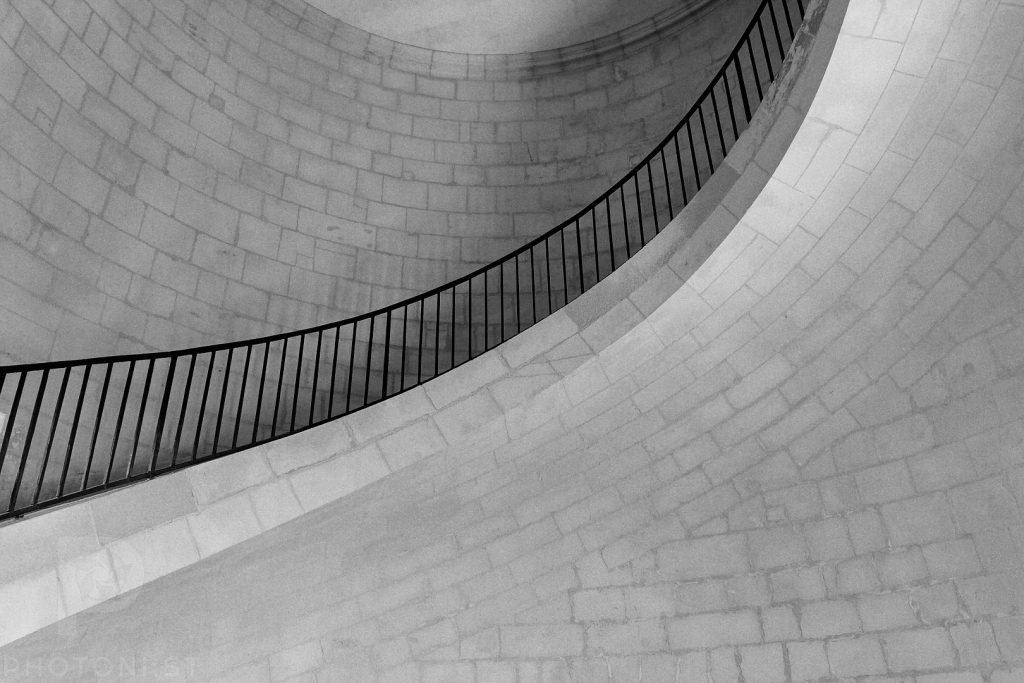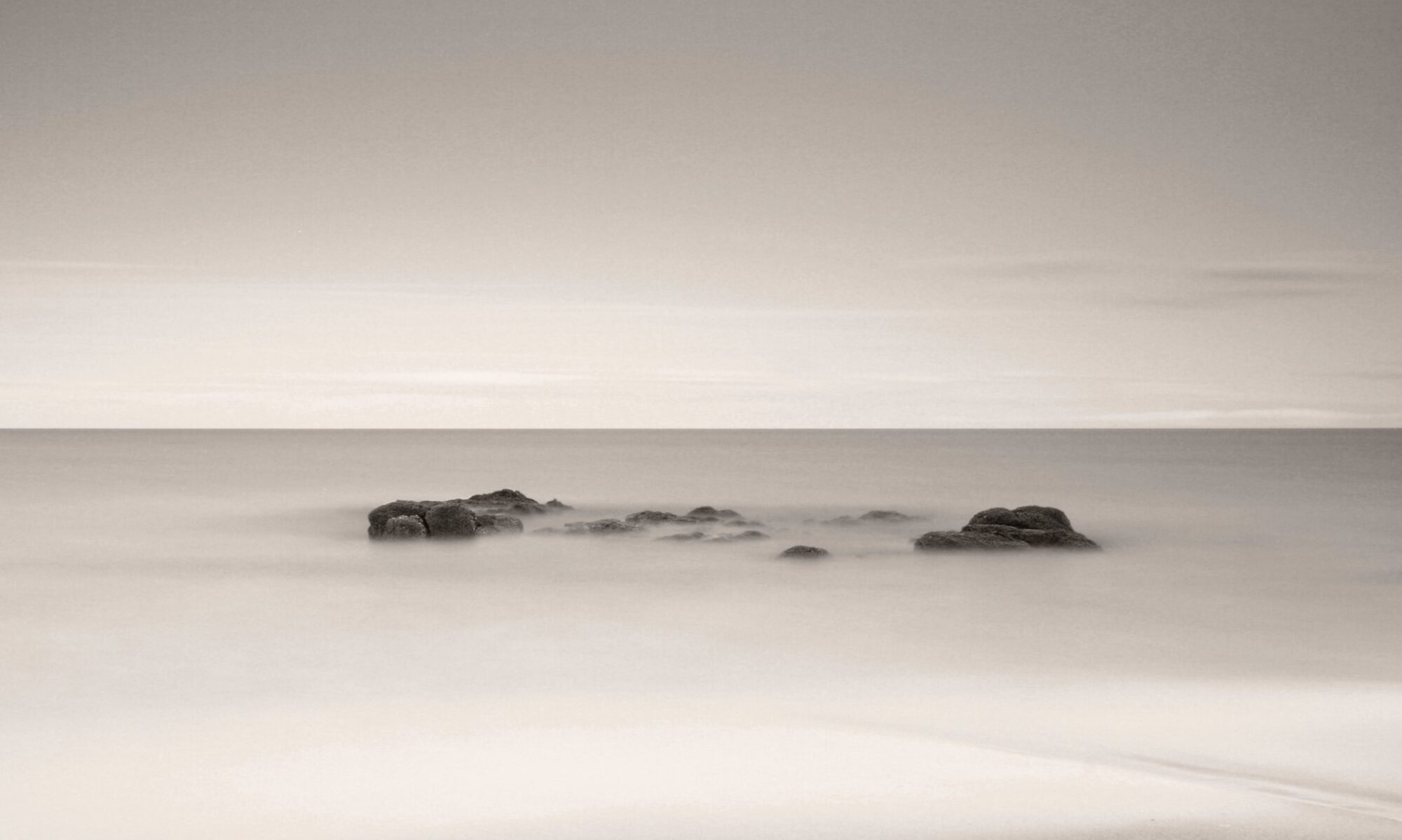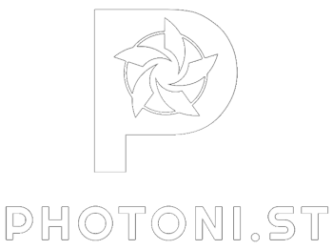I’ve noticed something about the photography advice floating around online. Everyone talks about finding your “style” or upgrading your gear, but nobody mentions the one thing that actually separates competent photographers from exceptional ones: obsession.

Not the unhealthy kind that ruins relationships or empties bank accounts. I’m talking about the productive, consuming fascination that makes you think about light at 2 AM and notice shadows others walk past without seeing.
My brain works differently than most. When something captures my interest, it doesn’t just occupy a corner of my thoughts, it colonises them entirely. My parents tell stories of kid me forgetting meals whilst buried in technical manuals or in my computers. Or teenage me spending the whole summer working on a problem when everybody else was going to the beach and enjoying the sun. I blame it on my autistic side. But that taught me something important: this supposedly problematic trait is a great asset.
Photography demands this level of engagement because it’s not actually about cameras. It’s about seeing, understanding light, grasping composition, mastering timing, and developing an intuitive sense for human emotion. You can’t acquire these skills through a weekend workshop or YT tutorials. They require the kind of deep, sustained attention that only comes from genuine obsession.
On the technical side, photography sits at the intersection of physics, chemistry, and engineering. Understanding how light behaves, how sensors capture information, how different lenses affect perspective takes time to internalise. The dilettante photographer learns that f/2.8 creates shallow depth of field. The obsessed photographer understands why, how focal length affects the relationship, and when breaking the rule creates better images.
But technical mastery is just the foundation. Once you intuitively use your camera, once you apply the rules intently but implicitly, once you can set up a shot in your head and solve all the technical aspects in your mind, you’ve just started on your journey. The real advantage of obsession lies in how it transforms your relationship with the medium. When you’re truly consumed by photography, you don’t just learn about it, you begin to think photographically. You start seeing potential images everywhere: in the way afternoon light cuts across a building, in the gesture someone makes whilst talking, in the texture of weathered wood.
This shift from external knowledge to internal understanding is what separates competent holiday snappers from amazing craftspeople (or artists, but I don’t like that term). It’s the difference between casual understanding and groking. It’s the difference between knowing the rules and feeling when to break them.
Most people approach photography with casual interest. They buy decent equipment, sometimes take a few courses for the most committed, maybe even produce some pleasant images. But they hit a plateau because their interest lacks the intensity needed to push through the inevitable frustrations. Photography is difficult. It requires patience, persistence, and the willingness to fail repeatedly whilst learning.
Obsession provides the fuel for this journey. When you’re genuinely fascinated by something, setbacks become puzzles to solve rather than reasons to quit. Bad images become learning opportunities rather than ego bruises. The technical challenges that frustrate casual practitioners become engaging problems for the obsessed mind to unravel.
When I was a teenager, I used to often tell myself whilst I was learning about computers (and it the 80s that took real commitment) and I was feeling frustration rise: the computer doesn’t win. Ever. If there is a problem, it has to be solved and my brain will work at it until it finds the solution. No matter how long it takes. I applied the same rule in all my hobbies, including photography.
There’s another crucial element: longevity. I’ve been deeply engaged with certain subjects since childhood, eventually building careers around them. This sustained attention allows for the kind of expertise that takes decades to develop. Photography rewards this long-term commitment because visual literacy deepens over time. The photographer with twenty years of obsessed practice sees things the enthusiast with two years of casual interest simply can’t.
Critics will argue that obsession leads to imbalance, that healthy people maintain diverse interests. Perhaps they’re right for some pursuits, but creative and technical fields operate differently. They reward the kind of deep, sustained engagement that borders on fixation. Your brain craves this kind of work. Complex, engaging, constantly challenging problems are food for your brain. Fighting that need is pointless. It’s a sane obsession. We’re not talking cocaine or gambling.
The photography world is saturated with people who want to be photographers but aren’t willing to become obsessed with photography itself. They’re drawn to the romantic idea of the artist, the appeal of creative expression, or the potential for IG fame. But they lack the fundamental fascination with light, composition, and visual storytelling that drives real photographic development.
I’m not an exceptional photographer, I lack the imagination for that (I blame that on my autistic side too). I will never be an artist. But I see what it takes to become one. If you find yourself thinking about photography constantly, if you see potential images everywhere you look, if you lose track of time whilst editing or experimenting with new techniques, don’t fight it. That consuming interest isn’t a flaw to correct; it’s your greatest advantage in a field that rewards depth over breadth.
The question isn’t whether you should be obsessed with photography to become good at it. The question is whether you can become truly good at it without that obsession. In my experience, the answer is no.
#Photography #IMayBeWrong #Opinion #Theory

